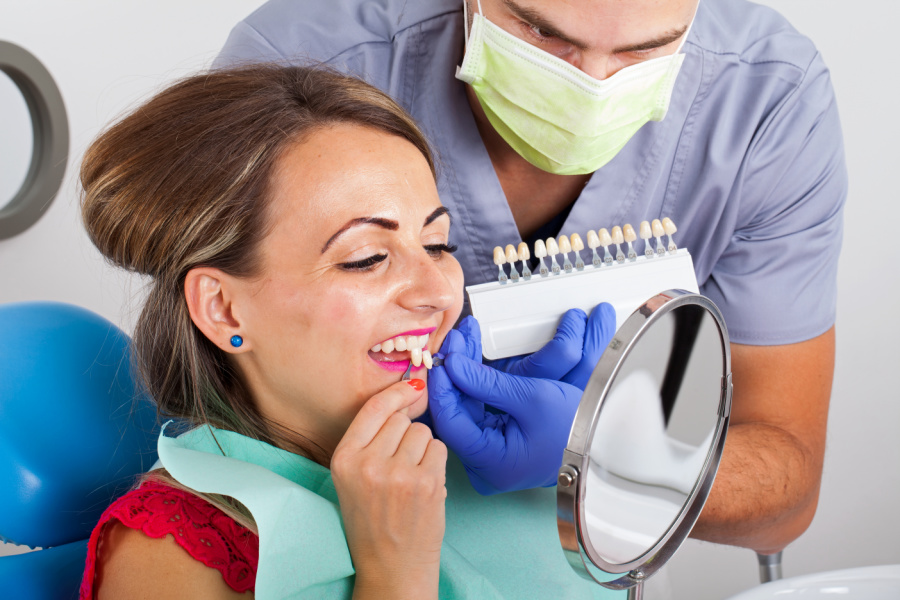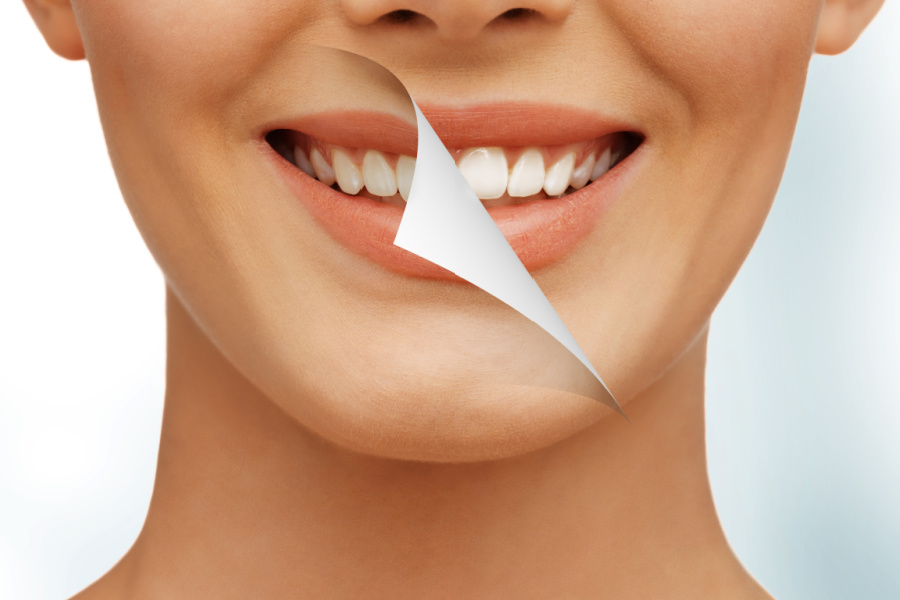Teeth grinding, also known as bruxism, is a common condition that affects many people, often without them even realising it. This unconscious habit can occur during the day (awake bruxism) or at night (sleep bruxism), and while it may seem harmless at first, over time it can lead to significant dental and overall health issues.
What Is Teeth Grinding?
Teeth grinding involves clenching or grinding the teeth, often with enough force to cause damage over time. It can happen during the day or while sleeping, and many people who grind their teeth at night are unaware of it until symptoms start to show.
What Causes Teeth Grinding?
There isn’t always a clear-cut cause for bruxism, but it is often linked to several factors, including:
- Stress and Anxiety: Emotional stress is one of the leading causes of teeth grinding, as people tend to clench their jaw or grind their teeth when feeling tense.
- Sleep Disorders: Conditions like sleep apnea or snoring can increase the risk of bruxism during sleep.
- Misaligned Bite: When the teeth don't align properly, the jaw may compensate by grinding, leading to bruxism.
- Lifestyle Habits: High caffeine intake, alcohol, smoking, or drug use can exacerbate teeth grinding.
- Medications: Certain medications, especially those used to treat depression or anxiety, can cause teeth grinding as a side effect.
Symptoms of Teeth Grinding
Teeth grinding can be difficult to detect, especially if it happens during sleep. However, there are some telltale signs to watch for:
- Jaw pain or soreness: Persistent discomfort in the jaw, especially in the morning, can be a sign of grinding during sleep.
- Headaches: Frequent tension headaches, especially in the temples, can result from jaw clenching.
- Tooth sensitivity: Grinding can wear down tooth enamel, making teeth more sensitive to hot, cold, or sweet foods.
- Flattened or chipped teeth: Visible signs of damage, such as worn-down tooth surfaces or chips, can indicate long-term grinding.
- Ear pain: Sometimes mistaken for an earache, this pain is caused by pressure from clenching the jaw.
- Disrupted sleep: Those with sleep bruxism may wake up frequently or have restless sleep patterns.
The Long-Term Effects of Teeth Grinding
If left untreated, teeth grinding can lead to serious dental problems and overall health concerns, such as:
- Tooth Damage: Over time, grinding can wear down enamel, leading to chipped, cracked, or flattened teeth. This damage can require restorative procedures like crowns, bonding, or even dental implants in severe cases.
- Jaw Disorders: Bruxism can strain the muscles and joints of the jaw, leading to temporomandibular joint disorder (TMJ). TMJ can cause chronic pain, clicking sounds in the jaw, and difficulty opening or closing the mouth.
- Gum Recession: Excessive grinding can place pressure on the gums, contributing to gum recession, which increases the risk of gum disease and tooth loss.
- Increased Risk of Tooth Decay: As enamel wears down, teeth become more vulnerable to cavities and decay.
- Headaches and Facial Pain: Constant jaw clenching can lead to chronic headaches, migraines, and facial pain, which can significantly affect daily life.
- Sleep Disruption: Sleep bruxism can lead to poor-quality sleep, leaving you feeling tired, irritable, and more stressed, which can further exacerbate grinding.
Preventing Teeth Grinding in the Long Term
Prevention strategies for teeth grinding include regular dental check-ups to catch signs of bruxism early. Your dentist can help monitor wear and tear on your teeth and recommend interventions as needed.
Developing good sleep hygiene, managing stress levels, and avoiding excessive use of stimulants (like caffeine) can also help keep grinding at bay.
Teeth grinding, while common, can have serious long-term effects on your dental health and overall well-being if left unchecked. Recognising the symptoms early and seeking treatment can prevent complications like tooth damage, jaw disorders, and chronic pain. With proper care and management, you can protect your teeth and enjoy a pain-free, healthy smile for years to come.
If you suspect you may be grinding your teeth, consult with one of our dentists. Click here to book your appointment.



